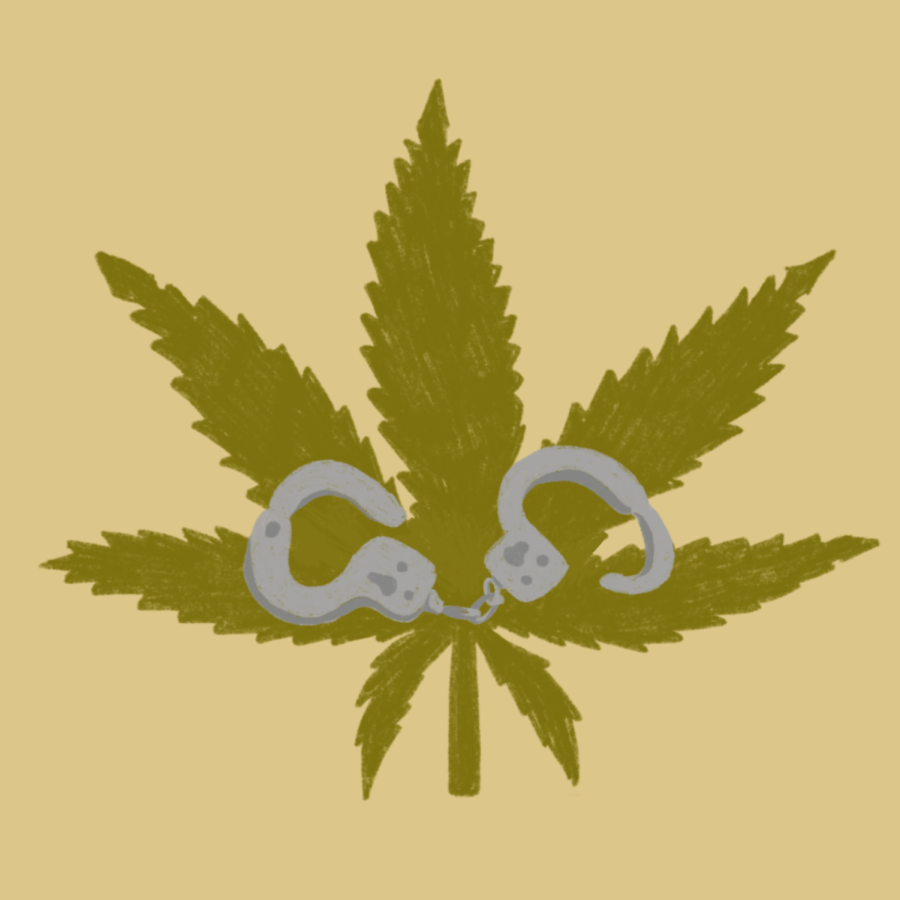Pardon my paraphernalia
October 18, 2022
On Oct. 6, President Joe Biden issued a presidential proclamation pardoning federal convictions for possession of marijuana. The pardon only affects federal convictions and convictions from the District of Columbia, which means the majority of those arrested for possession within the U.S. will be excluded. With the war on drugs spanning from the 1970s to the present day as well as the effort for federal nationwide legalization, is this enough action?
According to federal officials, approximately 6,500 incarcerated individuals would be released and have their drug convictions stricken from their records under the federal pardon. While this may be viewed as a significant win for those fighting for marijuana legalization and the release of those incarcerated for petty possession offenses, it does not reach far enough.
Close to half of all drug arrests are related to marijuana. Multiple states, such as California and Colorado, have legalized the recreational and medicinal use of marijuana. The disgusting reality is that the majority still have citizens within their penal system convicted for these petty offenses.
If you consider the fact that African Americans are nearly four times more likely to be arrested for marijuana possession, a dangerous picture is displayed. While usage is roughly the same between white and Black men, Black men are arrested at disproportionate rates. According to a report by the National Organization for the Reform of Marijuana Laws, African Americans comprised approximately 30.2% of all marijuana arrests within the state of Texas while only accounting for 12.9% of the population.
Across the nation, thousands of men of color are serving time for non-violent drug offenses, many of whom live in states where marijuana is legal or where legalization is underway. Even in Texas, where cannabis has not been legalized, Delta-8 — a “legal” and lower THC form of cannabis — is currently being sold in stores, yet many are still serving time in state prisons. Anti-drug legislation has negatively affected minority communities for years, and the nation continues to perpetuate that fact.
President Biden’s pardon is not far-reaching enough; we need conclusive action taken by our representatives to free those serving time nationwide; the fight for decriminalization is necessary. The government — whether that be federal, state or local — continues to disproportionately affect minorities with its anti-drug legislation and then proceeds to take no action to help those arrested once they repeal such legislation. Our nation can do better.








